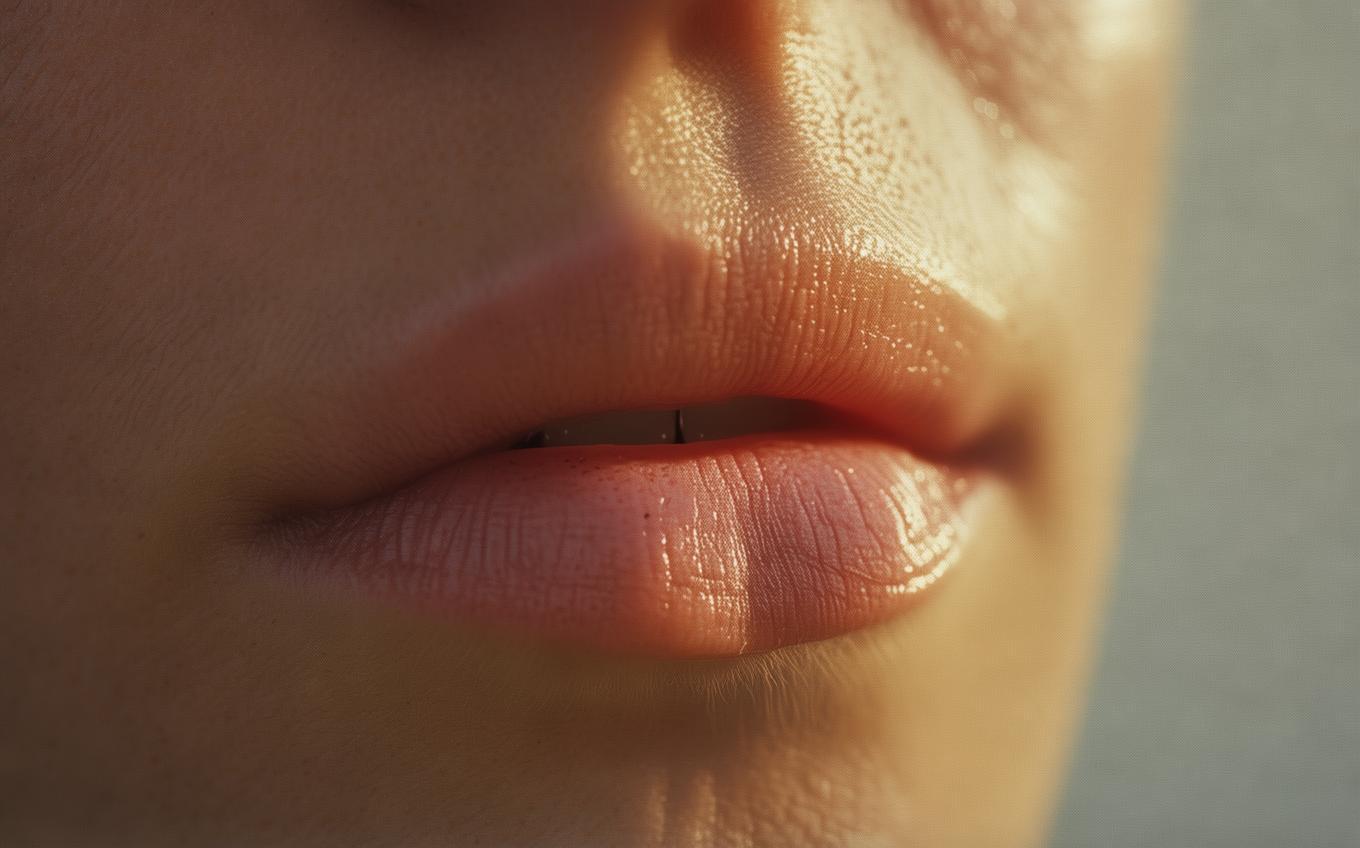Understanding "鼻子" - Chinese Word Explanation
1. Basic Information
- Word: 鼻子
- Pinyin: bí zi
- Literal Meaning: "Nose" (the body part)
- Primary Meaning: The anatomical nose; can also metaphorically refer to one's sense of smell or pride (e.g., "hurting someone's nose" means hurting their pride).
2. In-depth Explanation
- Context and Usage:
- "鼻子" is the standard term for the nose in Chinese, used in both formal and informal contexts.
- It can describe physical features (e.g., "他的鼻子很高" – "He has a tall nose").
-
In idioms or expressions, it may carry symbolic meanings, such as pride or intuition (e.g., "鼻子酸" means "to feel moved to tears").
-
Character Breakdown:
- 鼻 (bí): Stands alone as the character for "nose." Its ancient pictograph resembles a nose.
- 子 (zi): A neutral suffix often added to nouns (like "鼻子," "桌子" – table) without changing the core meaning.
3. Example Sentences
-
Chinese: 我的鼻子有点堵。
Pinyin: Wǒ de bízi yǒudiǎn dǔ.
English: My nose is a bit stuffy. -
Chinese: 她有一个小巧的鼻子。
Pinyin: Tā yǒu yīgè xiǎoqiǎo de bízi.
English: She has a small and delicate nose. -
Chinese: 这个故事让我鼻子酸了。
Pinyin: Zhège gùshi ràng wǒ bízi suānle.
English: This story made me emotional (lit. "made my nose sour").
Cultural Notes
- In Chinese culture, the nose is sometimes associated with luck or character. For example, a "high nose bridge" (高鼻梁) is traditionally considered a sign of beauty or strong personality.
- The phrase "碰一鼻子灰" (pèng yī bízi huī, lit. "to bump into a nose full of dust") means to be rejected or snubbed, reflecting the nose's symbolic link to pride.
Conclusion
"鼻子" (bí zi) is a straightforward yet versatile word referring to the nose, with both literal and figurative uses. Remember it as the go-to term for facial features or expressions involving emotions and pride.




Comments (0)
No comments yet. Be the first to comment!